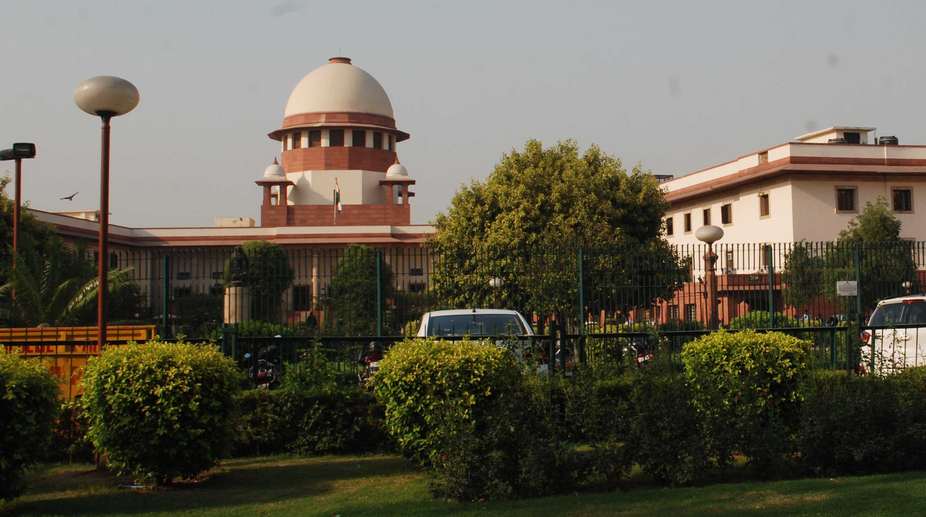A five judge Constitution bench of Supreme Court will on Thursday commence hearing on a plea that the triple talaq, nikah halala, and polygamy violated Muslim women's rights to equality and dignity and are not protected by the right to profess, practice and propagate religion under Constitution's Article 25(1).
The Constitution bench comprising Chief Justice Jagdish Singh Khehar, Justice Kurian Joseph, Justice Rohinton Fali Nariman, Justice Uday Umesh Lalit and Justice S. Abdul Nazeer are likely to hear the matter for seven days.
Advertisement
Besides triple talaq, another constitution bench was to hear the constitutional validity of Section 6A Citizenship that was incorporated in pursuance to 1985 Assam accord between the All Assam Student Union and the central government and provided for grant of citizenship of migrants from Bangladesh who came to India prior to January 1, 1966.
The top court by its December 17, 2014 judgment had asked the constitution bench to examine "whether Articles 10 and 11 of the Constitution of India permit the enactment of Section 6A of the Citizenship Act in as much as Section 6A, in prescribing a cut-off date different from the cut-off date prescribed in Article 6, can do so without a 'variation' of Article 6 itself".
But this hearing ran into difficulty as one of the judges on the bench is retiring on May 27 and the lawyers appearing before the court said that they needed more time to argue the matter.
However, in the challenge to new privacy policy of WhatsApp, the hearing would take place on May 15 and thereafter it is likely to be adjourned as senior lawyers appearing in the matter have expressed some difficulty in adhering to the schedule by which the hearing should conclude on May 19.
The Delhi High Court had allowed WhatsApp to roll out its new privacy policy but said it cannot share the data of users collected up to September 25, 2016, with Facebook or any other related company.
The hearing into the validity of triple talaq, nikah halala and polygamy is rooted in October 16, 2015 order of the apex court by which it had directed the separate listing of a PIL addressing the question of rights of Muslim women vis-a-vis these three customs.
The Centre has already told the top court that the three violated the Muslim women's right to equality and dignity and were not protected by Article 15(1) of the Constitution guaranteeing freedom of religion.











